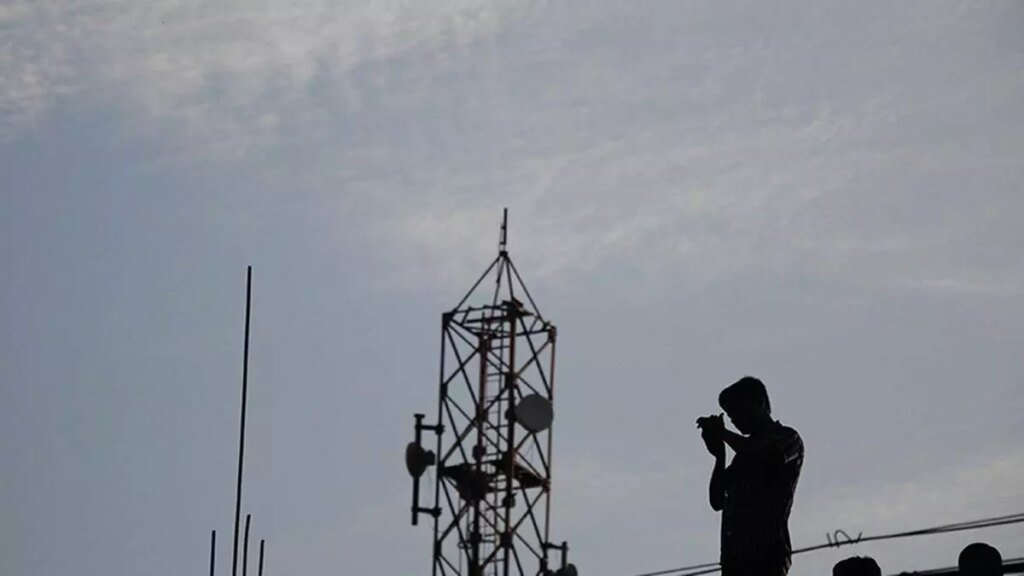TRAI rules can ring in better telecom service quality

The Telecom Regulatory Authority of India (TRAI) has taken a bold step to improve the quality of telecom services in the country. Telecom services have been plagued by frequent call drops, network congestion, and a barrage of unwanted telemarketing calls. Despite the government’s nudges and interventions, operators have failed to address these concerns, citing reasons such as inadequate spectrum and cumbersome right-of-way rules. Outdated benchmarks, last revised in 2017, allowed operators to evade substantive action.
TRAI’s new rules, effective from October 1, mark a major shift in how telecom services will be regulated. They mandate that operators meet more rigorous benchmarks, particularly in areas such as network latency. For instance, telecom companies will now have to ensure that their wired network latency is less than 50 milliseconds, a substantial improvement from the current 120 milliseconds. Similarly, for wireless broadband, especially in 4G and 5G networks, latency must be reduced to less than 75 milliseconds, with a further reduction to 50 milliseconds by 2026, compared to the existing 250 milliseconds. These changes promise a better user experience, with faster load times for web pages and smoother live streams. Additionally, the regulator has mandated that operators submit quality of service reports for mobile connections every month instead of quarterly. These reports must be collected at the district level rather than at the circle level. This change aims to ensure that operators address the actual network issues faced by users, rather than rely on aggregate data that might obscure localised problems. Telecom operators must report any network outage lasting over four hours to TRAI within 24 hours. Where an outage continues for more than 24 hours, operators are required to compensate affected users.
While telecom companies have raised concerns about compliance costs, the reality is that consumer complaints have continued to rise over the years. In major telecom markets, independent agencies manage consumer complaints. For example, the UK’s telecom ombudsman, Otelo, has been in operation since 2003. TRAI itself proposed the establishment of a similar agency in India as far back as 2004, but the plan was shelved by the Department of Telecom, which deemed it unfeasible. It may be time to consider establishing a telecom ombudsman in India. Telecom operators must also invest in technologies that ensure better network performance.
To assist operators, the Centre should expedite the implementation of the Telecom Act, 2023, which aims to simplify right-of-way norms. Obtaining permission to install towers and lay cables has been a challenge. The new law seeks to streamline infrastructure deployment and reduce disputes. The Act also requires telecom operators to obtain prior consent from subscribers for promotional messages. Combined with TRAI’s new rules, these measures can align telecom services with India’s digital ambitions.








